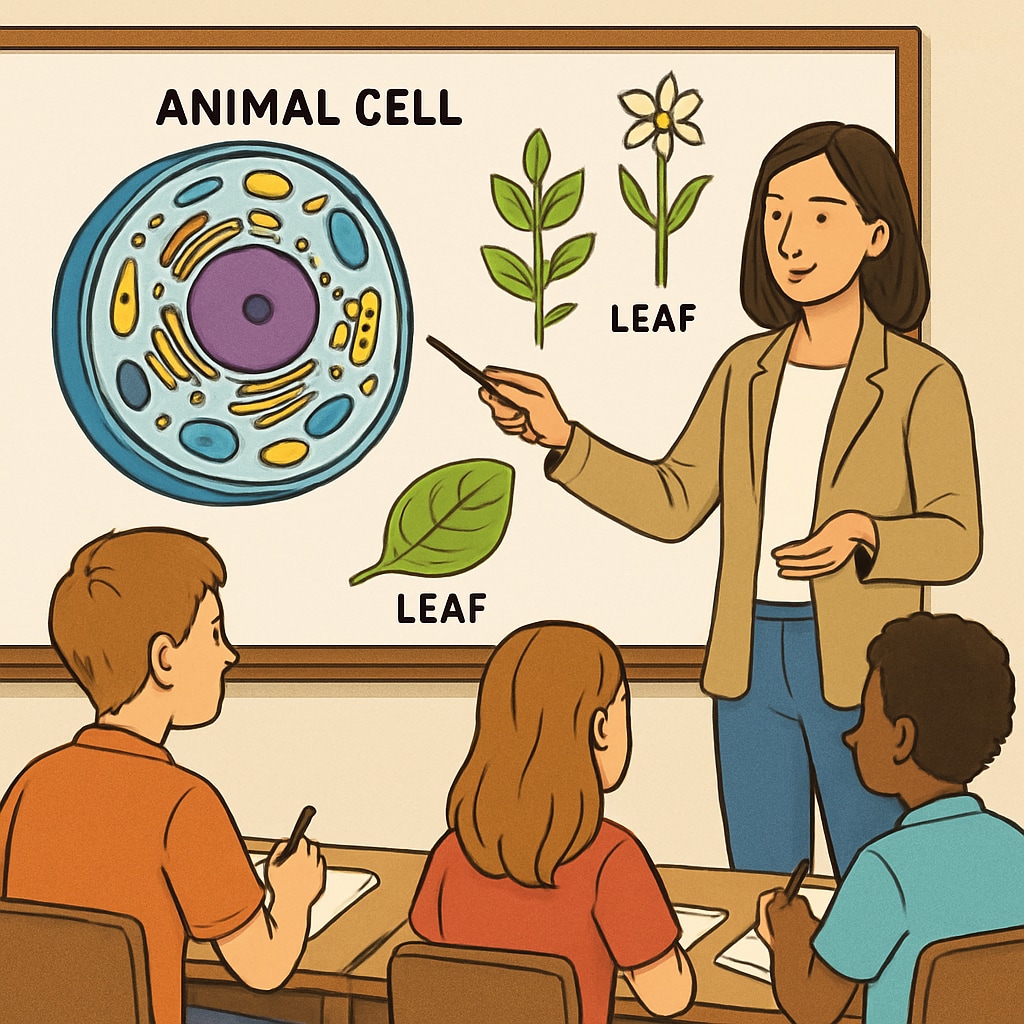The prospect of transitioning from a biology background to pursuing an education master’s degree is not only feasible but also highly rewarding. This interdisciplinary leap holds unique advantages, leveraging the analytical skills and scientific knowledge gained from a biology degree to address current educational demands. In this article, we will explore how biology graduates can navigate this professional transition, the value it brings to the education sector, and practical strategies for a successful career shift.
Why Transition from Biology to Education? The Rationale
Biology graduates often possess a unique set of skills that can be highly beneficial in the field of education. Their expertise in scientific inquiry, critical thinking, and problem-solving equips them to effectively teach complex concepts, particularly in STEM (science, technology, engineering, and mathematics) education. Furthermore, the global push for improved STEM literacy has created a high demand for educators with strong science backgrounds.
For example, a biology graduate can contribute to innovative teaching methods, such as project-based learning or integrating technology into science education. These approaches not only enhance student engagement but also prepare learners for real-world challenges. According to Wikipedia’s STEM Education page, professionals with specialized knowledge in science can significantly improve the quality of education in these critical areas.

Interdisciplinary Strengths: Bridging the Gap Between Science and Education
One of the key advantages of making this transition is the interdisciplinary strength that biology graduates bring to the table. The ability to analyze data, conduct research, and think critically are invaluable in addressing educational challenges. For instance, education frequently requires evidence-based approaches to curriculum design and teaching methodologies, areas where biology graduates excel due to their scientific training.
Additionally, biology graduates can contribute to addressing pressing global issues such as climate change, biodiversity loss, and public health. By becoming educators, they can inspire future generations to engage with these critical topics. As noted by Britannica’s Education page, educators play a pivotal role in shaping societal responses to global challenges through informed instruction and critical awareness.
Practical Strategies for Transitioning to an Education Master’s
While the transition from biology to an education master’s program may seem daunting, it can be broken down into manageable steps:
- Identify Your Area of Interest: Determine whether you wish to focus on STEM education, curriculum design, educational research, or another area. This clarity will guide your program selection and career path.
- Research Programs: Look for education master’s programs that value interdisciplinary backgrounds. Many institutions offer specialized tracks for STEM educators or those transitioning from other fields.
- Gain Relevant Experience: Volunteer as a tutor, join educational outreach programs, or participate in school-based internships to build hands-on teaching experience.
- Highlight Transferable Skills: Emphasize the analytical, research, and communication skills you’ve developed during your biology studies in your application essays and interviews.
- Network with Educators: Connect with professionals in the education sector to gain insights and mentorship as you navigate this transition.
By following these steps, biology graduates can position themselves as strong candidates for education master’s programs and ultimately thrive in their new careers.

Conclusion: Unlocking New Opportunities in Education
Transitioning from a biology background to an education master’s program is not only possible but also highly impactful. This interdisciplinary path allows individuals to leverage their scientific expertise to address critical educational needs, particularly in STEM fields. By understanding the demands of the education industry and strategically planning their transition, biology graduates can embark on a fulfilling career that shapes minds and inspires future generations. If you’re considering this path, remember that your unique background is your greatest strength—embrace it as you chart your course into the world of education.
Readability guidance: This article uses short paragraphs and clear subheadings to enhance readability. Lists are included to summarize actionable steps, and transition words ensure smooth flow between sections. The active voice is prioritized to maintain a dynamic and engaging tone.


